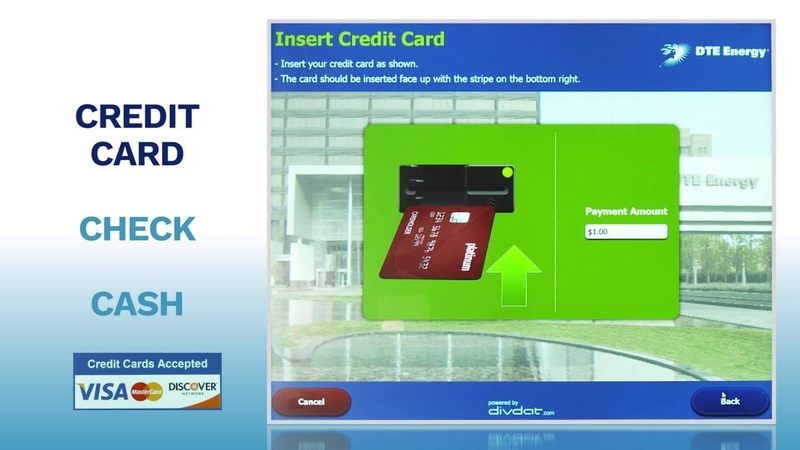
Mar 14, 2019
How Technology Enables the Nation’s Unbanked to Be Good Customers and Build Credit
It’s no secret being poor and unbanked is expensive. Over 25% of Americans are underbanked or have no banking relationship, they struggle to pay their bills conveniently and on time, and are unable to build the credit history essential to getting loans from financial institutions at affordable rates.
Here are the numbers according to the latest Federal Reserve report on economic well-being:
- In 2017, 13 million Americans comprised the unbanked, which means they do not have a checking, savings, or money market account.
- In 2018, 1 in 10 blacks and Hispanics lacked a bank account, with 3 in 10 who have accounts also utilizing alternative financial services such as money orders and check cashing services.
- Just 1% of people with incomes over $40,000 are unbanked, versus 1 in 8 with incomes under that threshold.
- 11% of blacks and Hispanics are unbanked, versus 3% of whites.
- Alternative financial services are used by choice or necessity to conduct transactions by providers other than traditional banks and credit unions. The Federal Reserve’s data shows:
- The vast majority of alternative transactions are conducted sending or receiving a money order.
- One-third of the unbanked report using a check cashing service.
- 26% say they use alternative methods of borrowing including pawnshop loans, payday loans, auto title loans, paycheck advances, and tax refunds.
In their 2014 documentary about living outside of the financial system, American Express said the costs for alternative financial services “can add up, with the average underserved household spending 10% of their income on fees, the same as the typical American family spends on groceries.”
In addition to spending money just to pay for transactions that cover bills and expenses, there are other challenges for the poor and unbanked. The Federal Reserve report also found 40% of all adults would not be able to cover an unexpected $400 expense and would have to sell something or borrow the money.
The median checking account balance for people earning under $25,000 per year is $500,so there’s no reserve available. If an individual has a bank account, they are probably paying bank fees. Monthly maintenance charges average $162.96 a year, plus the accounts may include ATM fees and overdraft fees (averaging over $30 per transaction).
Even if people manage to pay their bills on time with cash, it doesn’t help improve their long-term situation. Because they bank outside the financial system, they don’t build credit history, and they can’t get a house or car loan.
It just doesn’t have to be this way. It’s time to focus on treating all customers like good customers, no matter how or where they pay. Technology now allows everyone to pay their bills on time, for free, using whatever methods works best for them — including cash — and to build credit for paying on time.
DivDat Kiosk Network is seen as the industry standard in free and convenient self-serve bill payment services for the underserved and underbanked. Kiosks are located in communities where people need them most, which eliminates the expense and time to travel to multiple locations to pay bills in person.
Kiosks are “always on,” allowing customers to pay bills 24/7, and there’s real-time monitoring and management of all kiosks in the DivDat network. DivDat’s proprietary technology and integrated processes maximize kiosk availability through proactive cash management and sensor service alerting.
In Detroit, a city where over 60 kiosks operate, DivDat has a 98% customer satisfaction rating and a 96% customer return rate.
In February, the City of Detroit teamed up with DivDat to enable residents to pay their property taxes using any payment method they wish, any time they want, in a convenient location, or with the DivDat mobile app. The partnership allowed homeowners to chip away at their taxes a little bit at a time, instead of paying all at once.
DivDat acts as a bridge between taxing authorities, court system and utility companies and the segment of their customer base challenged with making monthly payments on time. DivDat empowers underserved customers, many with no internet access, with the tools to pay in their neighborhoods, at their convenience with a method they prefer, and, most importantly, with dignity.
For more information about DivDat Kiosks, visit the DivDat website or call us at 1-800-356-8561.

